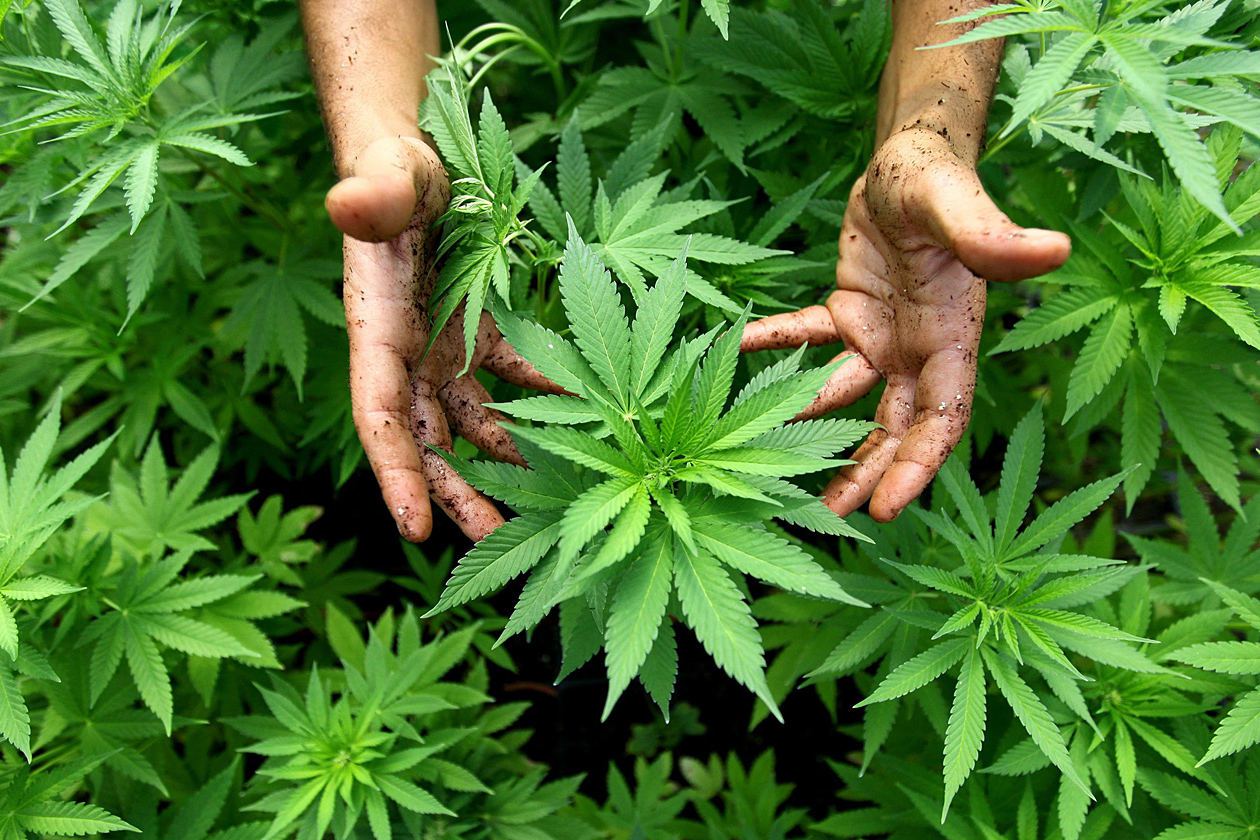
Experts from the University of Nebraska and the Texas Biomedical Research Institute have urged researchers to consider exploring the cannabis plant as a potential treatment regimen for COVID-19.
They are recommending that the anti-inflammatory properties found in hemp plant extract, known as CBD, be explored as a treatment option for lung inflammation caused by the virus.
According to Harvard Medical School, even though medical marijuana, from the United States Government perspectives, is illegal, it is legalized in 29 states, including the Washington, DC.
It also noted that the U.S. Food and Drug Administration has only approved it for treatment of two rare and severe forms of epilepsy, Dravet syndrome, and Lennox-Gastaut syndrome.
Marcel Bonn-Miller, Ph.D., a substance abuse specialist at the University of Pennsylvania Perelman School of Medicine, said the U.S. Drug Enforcement Administration, considers marijuana a Schedule I drug, the same as heroin, LSD, and ecstasy, and likely to be abused and lacking in medical value, adding “Because of that, researchers need a special license to study it.”
Despite no scientific evidence that cannabis or its compounds can specifically help with COVID-19, an article, ‘SARS-CoV2 induced respiratory distress: Can cannabinoids be added to anti-viral therapies to reduce lung inflammation?’, published in peer-reviewed journal, Brain, Behavior, and Immunity, called for further research to understand if it can help patients infected by the virus, reports CBS News.
The authors of the study wrote that one drug, Tocilizumab, resulted in the “clearance of lung consolidation and recovery in 90% of the 21 treated patients.”
They said the drug, however, resulted in adverse side effects like pancreas inflammation and hypertriglyceridemia – high concentration of fat in your blood.
The adverse effects, CBS News noted, made researchers to turn to cannabis, specifically CBD due to its anti-inflammatory properties.
Emily Earlenbaugh, a Forbes contributor and co-founder of Mindful Cannabis Consulting, in an interview with the medium, explained that in severe cases of COVID-19, the body’s immune system overreacts and releases too many cytokines, called a “cytokine storm.”
“Cytokines will normally help to create inflammation to fight off infections. But in these extreme cases, you see so much cytokines being released into the system that it creates a cytokine storm.
“You might see high fever, inflammation, severe fatigue and nausea, and in serious cases, it can lead to death through organ failure,” she said.
Earlenbaugh said the CBD extract is known from previous research as an IL-6 cytokine inhibitor, meaning it helps reduce the production of cytokines.
“They said CBD has shown beneficial anti-inflammatory effects in pre-clinical models of various chronic inflammatory diseases and that the U.S. Food and Drug Administration approved one CBD product to treat certain forms of epilepsy.
“CBD has very few side effects, so it’s something that’s being looked at as a much more mild treatment that still has a lot of anti-inflammatory powers,” Earlenbaugh said.
The authors of the study, further said CBD can help reduce anxiety in patients and increase the production of interferons, a protein that helps the body fight infections.
However, Earlenbaugh said given the early stages of the research, she would “definitely express caution” against using cannabis as a treatment for COVID-19.
She noted that some researchers had warned using the drug early in the infection stages could cause negative side effects.
“We are pretty far away from human research that could really definitively answer those questions for us.
“The other reason for caution is that cytokines are important in fighting off infections. So, we don’t want to reduce them as a preventative measure or in early stages of the infection,” Earlenbaugh said.







